It is common for dental issues during pregnancy appear and disrupt your pregnancy. These are some of the dental issues that a pregnant woman could experience.
Pregnancy causes several changes in your body, including an unexpected alteration in your oral health. The American Dental Association advises all pregnant women to see their dentist before having a baby to treat any cavities or pregnancy-related problems.
Even if you believe you are pregnant, notify your dentist since some procedures may need to be canceled. If you are actively trying to conceive, you should be aware of the most common dental health issues so that you can handle them effectively and preserve optimal oral health during pregnancy.
Dental issues during pregnancy: Pregnancy Gingivitis
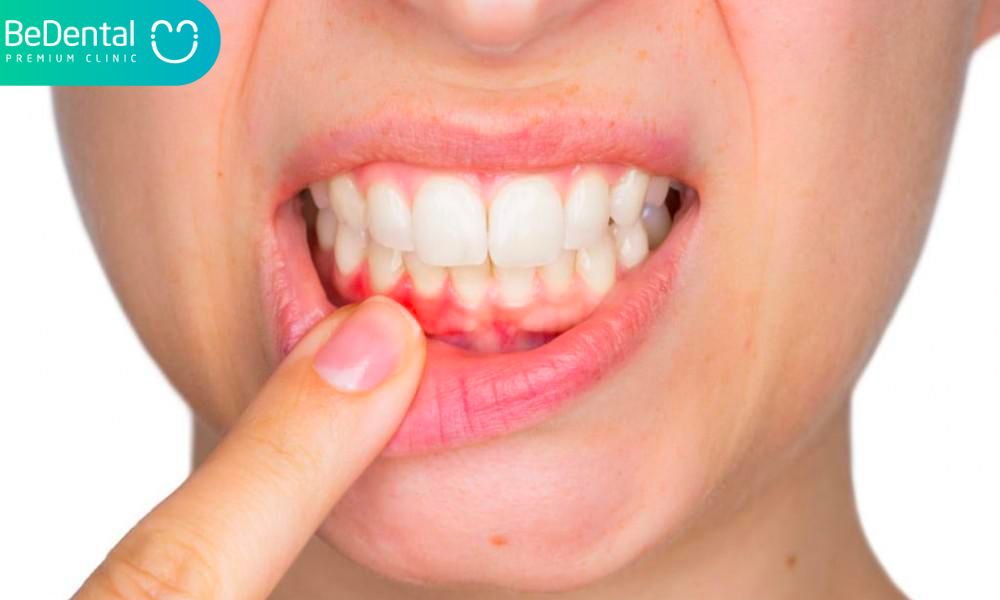
Gum bleeding, pain, redness, and swelling are all common dental issues during pregnancy as a result of hormonal changes. They have the ability to cause your body to react to the bacterial poisons found in dental plaque. As a result, excellent home oral hygiene is more important than ever.
Dental issues during pregnancy: Tooth Decay
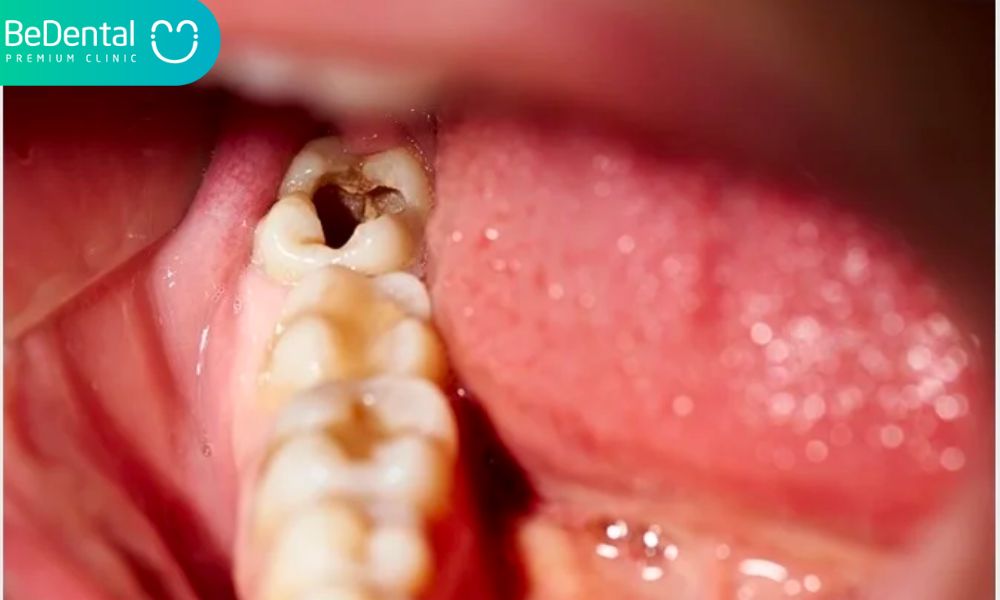
Many pregnant women experience strange appetites, the majority of which are for sweet or acidic foods. Moreover, many women have morning sickness, which exposes their teeth to acid. All of this acidity can increase the risk of tooth decay and sensitivity. The enamel on your teeth can deteriorate, putting your oral health at danger.
Oral health concerns affect both mothers and babies. Periodontitis and tooth decay can all increase the risk of early birth, gestational diabetes, and preeclampsia. To avoid this, rinse your mouth with water or mouthwash after eating, drinking sugary beverages, or vomiting.
Dental issues during pregnancy: Third Molar Problems
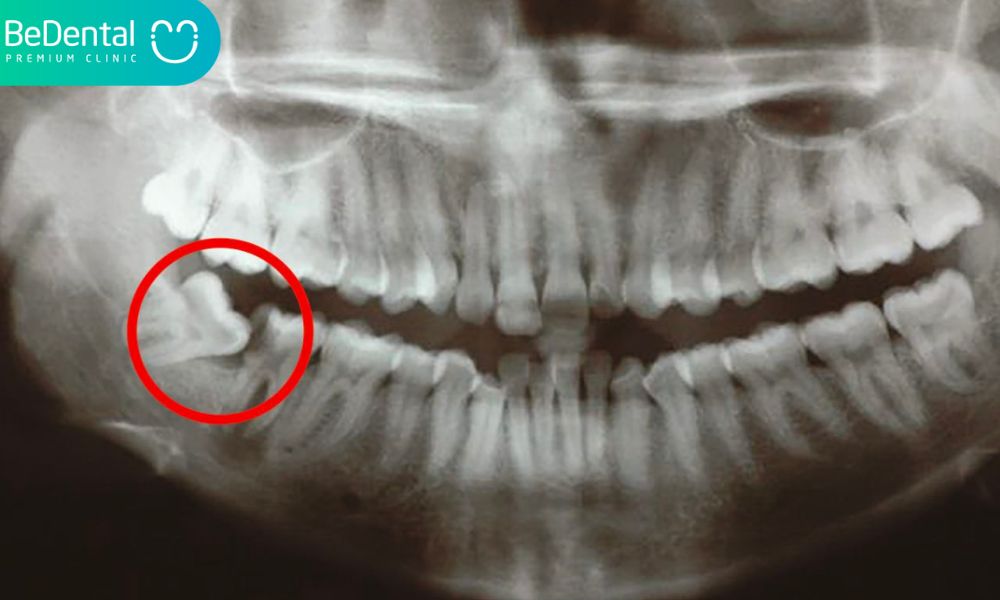
Hormonal changes or insufficient dental care may cause pain or swelling around your wisdom teeth. Wisdom teeth that have not fully erupted or crowding at the back of the mouth can be uncomfortable and increase the risk of dental decay. It is critical to seek treatment as soon as possible because if the infection advances, it may enter your bloodstream.
Dental issues during pregnancy: Pregnancy Tumors
Some women have non-cancerous lumps mislabeled as “pregnancy tumors,” which are not dangerous. These little lumps between the teeth are most common during the second trimester. This, sometimes known as ‘pyogenic granuloma,’ can flow freely and cause discomfort. Your dentist may advise you to have the lumps removed, but if they do not bother you and you opt to wait, they will disappear on their own after you give birth.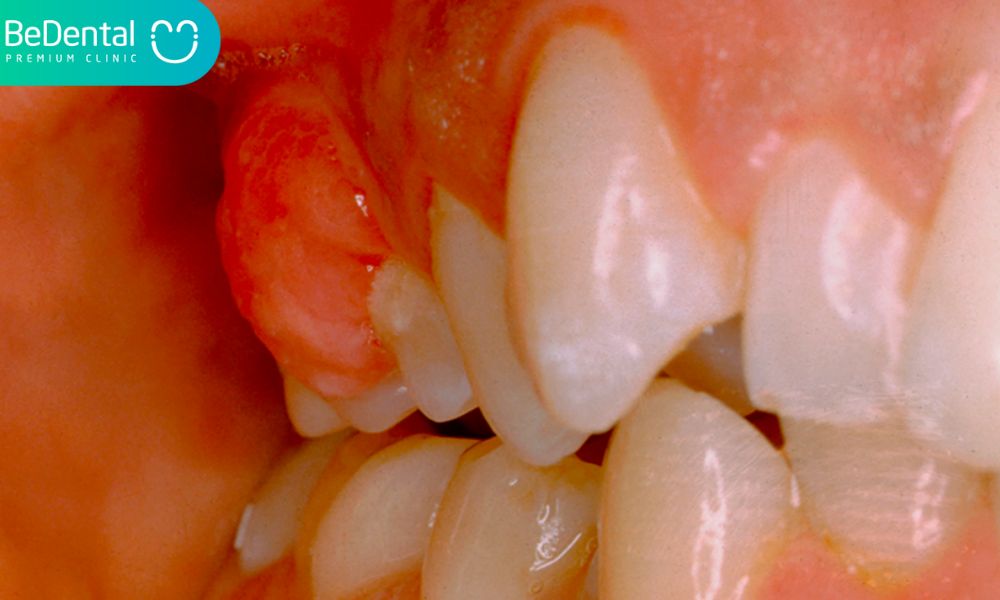
Dental issues during pregnancy: Looser Teeth
Even if your gums are healthy, teeth may become loose during pregnancy due to increased progesterone and estrogen levels, which alter the ligaments that support teeth. Again, this is a temporary condition that does not result in tooth loss. If you are experiencing discomfort due to loose teeth, see your dentist to ensure that the movement is not caused by hormones.
Whether you are going to become pregnant or are currently expecting a child, make your oral health a priority. Hormone fluctuations increase the risk of a variety of issues, including increased gum swelling and loose teeth. A skilled professional cleaning will remove plaque from your gums and teeth, as well as treat any indications of decay or gum disease using pregnancy-safe medications and procedures.
Regular Check-Ups With Your Dentist
Always tell your dentist if you are pregnant. This allows them to adjust your check-ups to include certain tests and avoid certain treatments. The dentist, for example, may prefer to wait until the baby is born before taking X-rays. Please call BeDental if you have any more questions concerning dental care during pregnancy.
More
Thumb sucking: 5 side effects of thumb sucking
Teeth grinding: 4+ things you must know
Water flosser: 5 things to consider a water flosser
Teeth cleaning and 3 main concerns
Periodontal disease and 12 common periodontal diseases



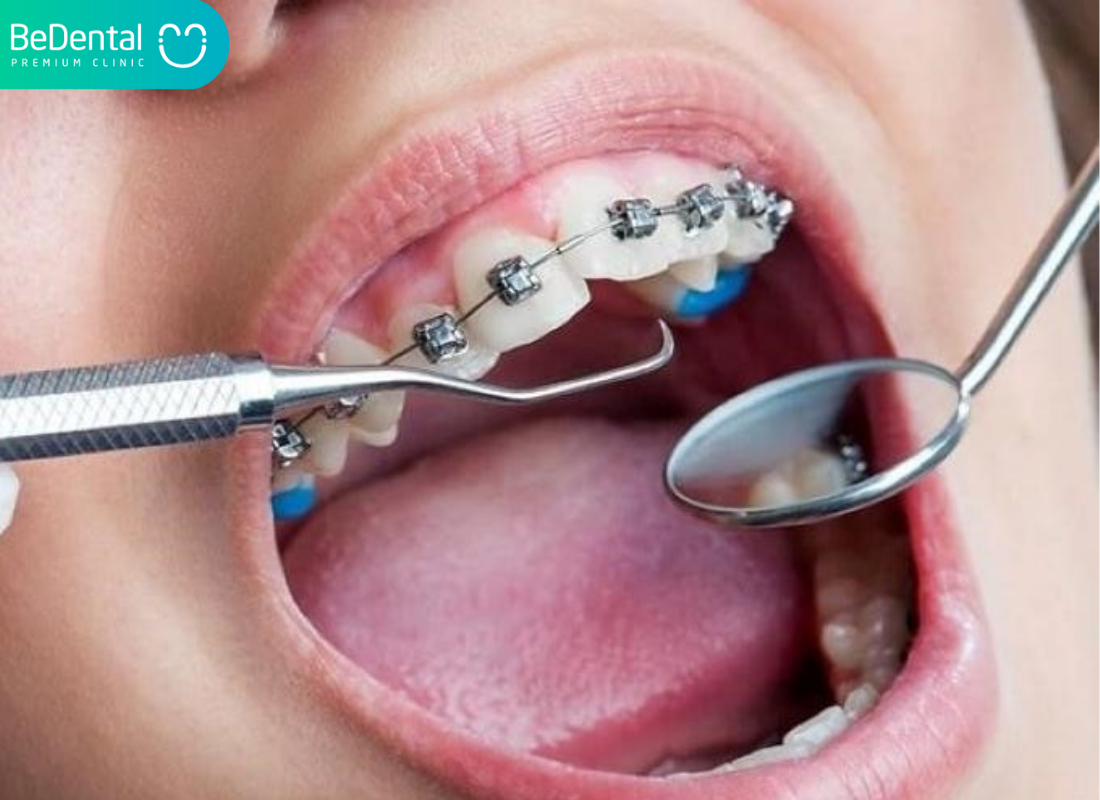
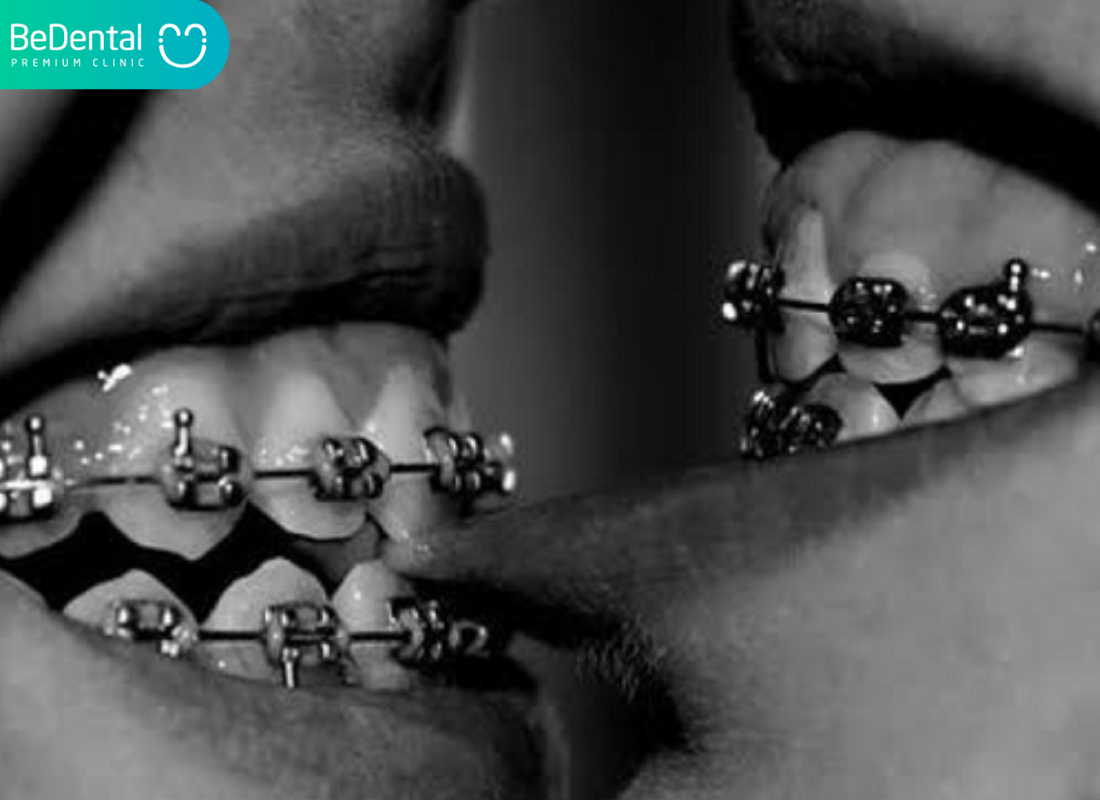
Pingback: Loose teeth and the 3 most common causes – Be Dental
Pingback: Oral Hygiene: 6 Tips to Improve Oral Hygiene – Be Dental
Pingback: Teeth fluorosis: 4+ things you must know – Be Dental